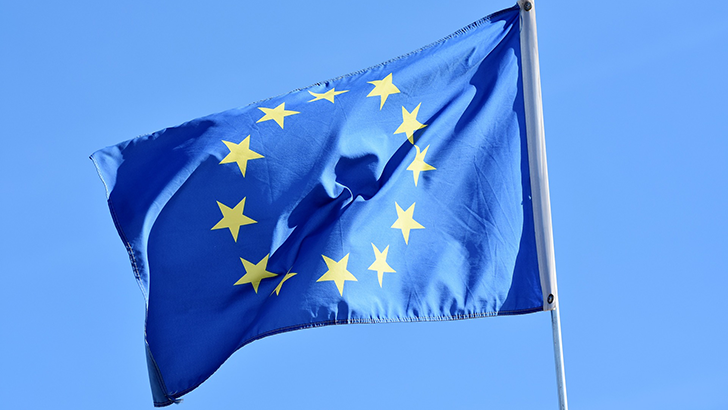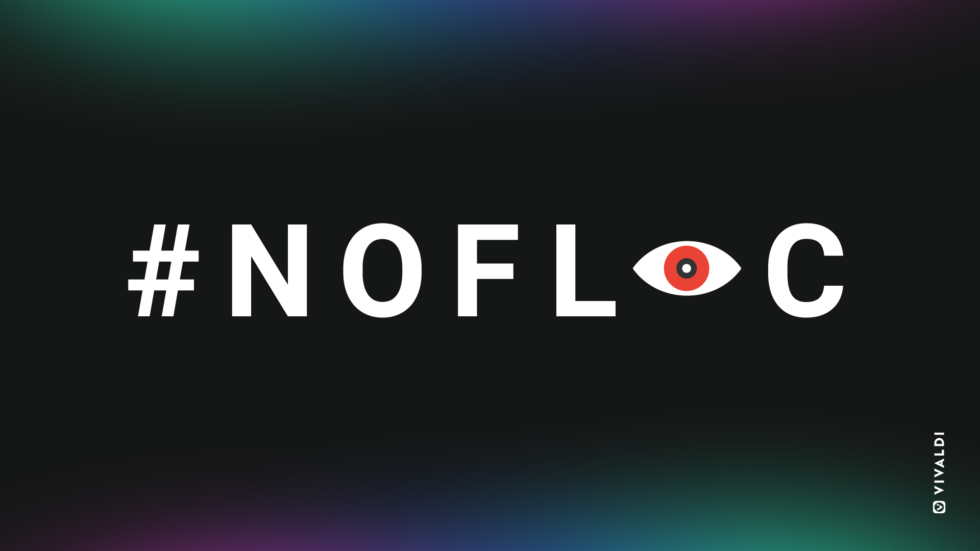latest

Privacy Sandbox pushes cookies to the back burner in Google Chrome
Advertisers still get your data, but you get a little more control
The elimination of third-party cookies in some browsers has inevitably made it more challenging for advertisers to reach their target audience. However, navigating the web hasn’t become any less frustrating with widespread cookie consent forms becoming the norm. Now, advertisers are looking for new ways to make sure their content is seen, and big tech companies are lending a hand. With the latest Chrome update, Google has made its Privacy Sandbox widely available to help businesses deliver ads more effectively — oh, and also to give users a touch more control over their personal data than tracking cookies afforded.

What is a cookie on the web?
What are web cookies? You may know these bits of data can track you, but here's the full story
Web browser cookies taught a world of internet users that too many cookies could be a bad thing. Today, we're accustomed to seeing all sorts of popups telling us the website uses cookies and asking us what kind of cookies we want to allow on computers and mobile Android devices. Those policy popups and associated privacy concerns often give cookies a bad name but don't give these little bits of inserted data too bad a name. They can also save you time and make your favorite sites easier to use without interfering with your personal data. Let's look at the duality of cookies and how they work.

Google FLoC toggle is now appearing in early versions of Chrome — here's how to find it
The FLoC system is now being tested on users in the US and other countries
Read update
Google's Federated Learning of Cohorts (FLoC) is a part of its Privacy Sandbox, a new suite of tools aiming to replace and improve upon the conventional third-party cookie tracking that enables modern advertising on the web. The company has been working on it for more than a year, and this week it's set to start using the system on a small portion of Chrome users in the United States and other countries.

Google is facing even more flack for FLoC from the EU
Regulators are unsure what to make of Google's proposed third-party cookie replacement
Google knows that third-party cookies tracking users around the web are on the way out, as even the company itself is planning on phasing out support for them in its own Chrome browser. But the online ad business is only as lucrative as it is due to extensive tracking practices, so Google is looking for an alternative to cookies. Enter FLoC, or Federated Learning of Cohorts. The technology is supposed to make tracking less privacy-invasive by assigning people to random groups with similar interests, instead of following every individual around. But many other companies think that FLoC will still be pretty invasive, and now, even some European regulators are chiming in, voicing their concerns.

Nobody wants anything to do with Google's new tracking mechanism FLoC
Almost all browsers and privacy advocates slam the third-party cookie replacement
Read update
Google is about to shake up the status quo on tracking with its newly proposed browser-based Federated Learning of Cohorts (FLoC) tracking mechanism, which it introduced as a replacement for the outgoing third-party cookies the advertisement industry still heavily relies on. But many privacy advocates like the EFF (Electronic Frontier Foundation) and search engine DuckDuckGo think FLoC could turn out to be even worse and more invasive than third-party cookies, and most browser makers were fast to join in on that stance. Almost all of them have vowed or at least hinted that they won't support FLoC in their products, including those based on Google's open-source Chromium rendering engine also used in Chrome.

Google doubles down on its commitment to get rid of targeted tracking in Chrome
The company pinkie swears it won't use alternate methods of targeting users once third-party cookies are gone
Google's Privacy Sandbox is a program that aims to phase out third-party cookies in Chrome entirely over the next year, making the web a more secure and private place without completely destroying the way that targeted advertising works. And, you know, wrecking the business model for most of the web's free content, including the words you're reading now.






